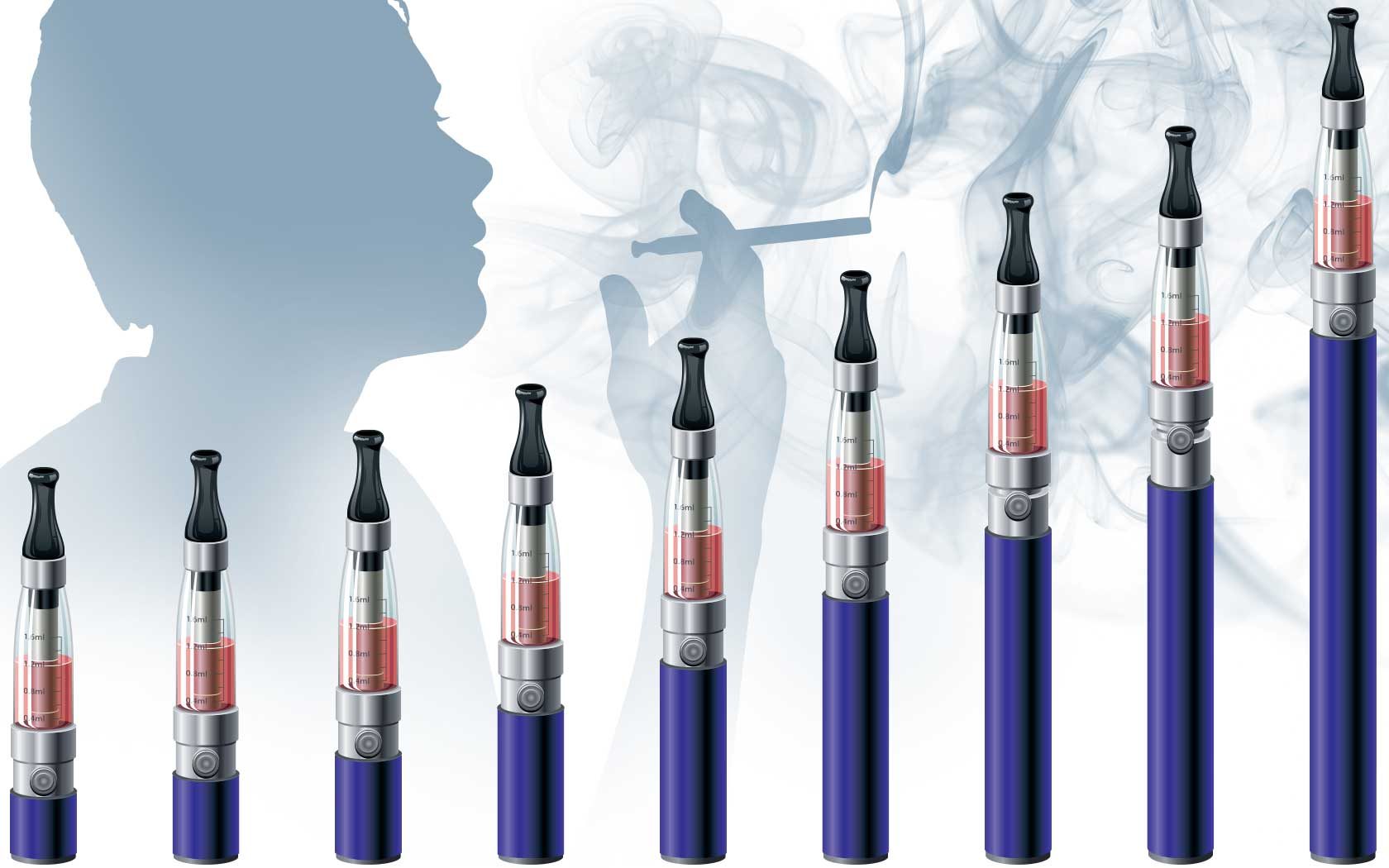Tobacco Policy
Tobacco control policies are proven to change behavior and improve health. Policy recommendations include institutional action and legislative education at all levels of government.
Smoke-free and tobacco-free policies: Regulations prohibiting smoking in the workplace, public housing, college campuses and public gathering places like baseball stadiums protect people from secondhand smoke, secondhand aerosol and use of nicotine containing products. However, smoke-free laws and tobacco-free policies not only reduce exposure to secondhand smoke, but also motivate and help people who use tobacco quit and prevent initiation of tobacco use.
Tobacco 21: The adolescent brain is more susceptible to nicotine because teens are still going through critical periods of growth and development. In 2019, Texas increased the minimum age of purchase of tobacco products to 21 years old; the federal law followed shortly after. This change is predicted to delay the age of initiation and reduce the risk of becoming regular smokers.
Tobacco taxation: Tobacco price increases are one of the most effective ways to reduce smoking and other tobacco use, especially among kids. Nationally, every 10 percent increase in cigarette prices reduces youth smoking by about seven percent and total cigarette consumption by about four percent.
Tobacco-free hiring: In an effort to combat lung cancer and other serious diseases, MD Anderson Cancer Center adopted a tobacco-free hiring policy on January 1, 2015. Under the new policy, all MD Anderson applicants are screened for tobacco use as part of the standard application process. Job seekers who test positive for cotinine (a metabolite of nicotine used as a biomarker for nicotine exposure) are contacted and those who report use of nicotine replacement therapy (NRT) have their sample retested specifically for the presence of anabasine (a tobacco derivative not found in NRT products), to verify NRT self-report. Those who test positive for cotinine and admit that they use tobacco, and those who test positive for both cotinine and anabasine are not eligible for immediate employment. However, if the applicant remains interested in working at MD Anderson, they will be given access to tobacco cessation materials, but more importantly, to our on-site Tobacco Treatment Program (Cinciripini, Karam-Hage, Kypriotakis et al., 2019), with instructions for obtaining free assistance. Applicants will then be permitted to apply for open positions and undergo a new screening test following a waiting period of 180 days. The new policy affects all potential executives, faculty and staff interested in joining the cancer center. It does not impact those employed by MD Anderson prior to 2015. For more information, please email EndTobacco@MDAnderson.org.
Research shows that tobacco control policies result in fewer young people starting to smoke and more adults trying to quit. And an overwhelming amount of evidence links smoke-free laws to reduced lung cancer deaths, heart disease rates and asthma emergencies.
We partner with advocacy groups to educate lawmakers on the public health benefits of evidence-based tobacco control policies. Join policy change efforts in Texas, email TexasTobaccoControl@gmail.com.
Did You Know?
MD Anderson News

MD Anderson and UT Health San Antonio applaud San Antonio City...

Evidence supports the need to raise the legal tobacco age

FDA’s push to regulate smokeless tobacco should be applauded

E-cigarettes' growing popularity underscores the need for...

Preaching prevention

